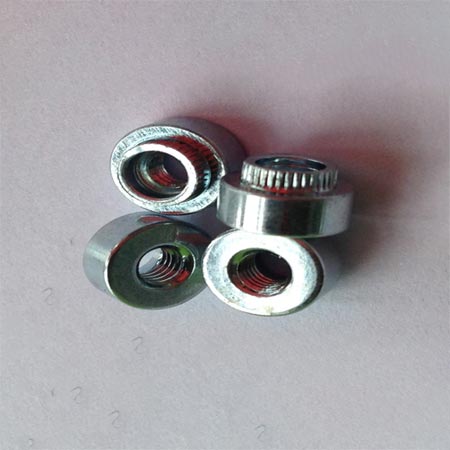Flare Nuts, also known as tube nuts or compression nuts, are specialized fasteners used in fluid and gas systems to connect tubing or pipes to fittings. These nuts are typically made from a variety of materials, each chosen based on its specific properties and suitability for the intended application.
Common Materials for Flare Nuts:
1. Brass: Brass is one of the most common materials used for manufacturing flare nuts. It offers excellent corrosion resistance, making it suitable for a wide range of fluid and gas applications. Brass Flare Nuts are also relatively malleable, which facilitates the forming of the flare when connecting tubing.
2. Stainless Steel: Stainless Steel Flare Nuts are chosen for applications requiring high levels of corrosion resistance and durability. They are particularly suitable for environments with exposure to moisture, chemicals, or extreme temperatures.
3. Steel: Carbon steel flare nuts are utilized in industrial applications where strength and reliability are paramount. They are often used in heavy-duty applications where corrosion resistance may not be the primary concern.
4. Aluminum: Aluminum flare nuts are lightweight and corrosion-resistant, making them a suitable choice for certain industrial and automotive applications where weight reduction is important.
5. Copper: Copper flare nuts are used in specific applications where compatibility with copper tubing is crucial. Copper offers good thermal conductivity and is often used in refrigeration and HVAC systems.
6. Bronze: Bronze flare nuts are employed in applications that require a balance of strength and corrosion resistance. They are commonly used in marine and plumbing systems.

The choice of material for flare nuts depends on various factors, including the type of fluid or gas being transported, the environmental conditions, temperature, pressure, and compatibility with the tubing material. It's important to select a material that ensures both the performance and longevity of the connection while maintaining the safety and integrity of the fluid or gas system.